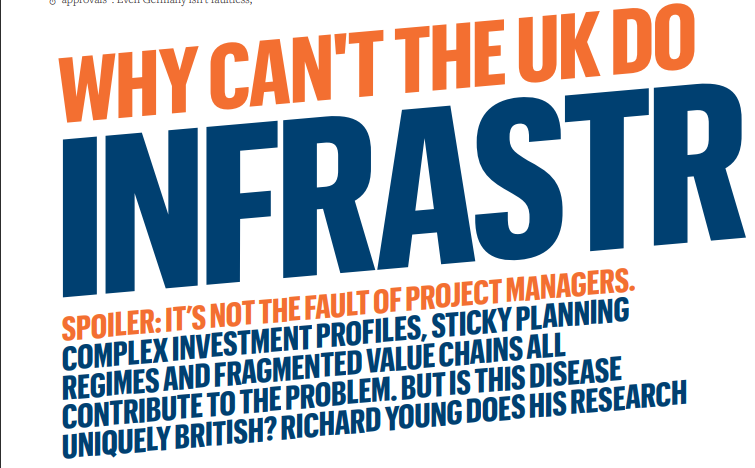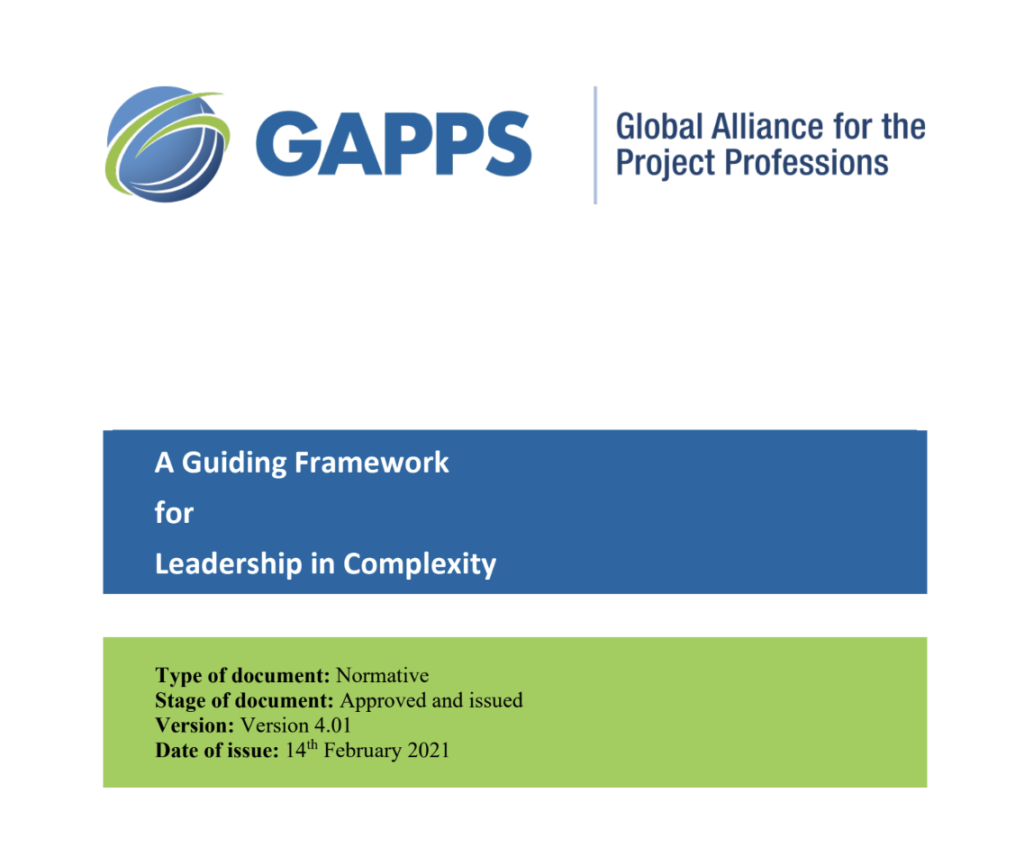
Securing Project Finance
Does this sound familiar?
Project promoters and developers obtain borrowed funds in the form of debt obligations. Those obligations include clear deadlines and are unconditionally refundable, with interests and the interest margin panders more to the creditor’s favour. With a big enough incentive, the private sector is open to funding many infrastructure projects. However, project developers must present offers that lessen investment risk. They must raise finance at a relatively low cost in a way that benefits the investors and sponsors. Here lies the sweet spot. However, arriving at this sweet spot is a bitter experience for most developers.
Studies show that less than 10% per cent of infrastructure projects secure private financing within the first year of conceptualisation. The reasons vary from poor risk mitigation & capital structuring, flawed PPP arrangements and fronting long-term projects with a high risk of technological obsolescence are a few amongst many others.
Over the years, I have nursed at least 10 medium-to-large projects from ideation to completion. These four tips will help you secure funding for your infrastructure project.
1 Create a thorough business case:
Never approach a potential investor or lender with a sketchy business plan. Before exposing your precious plan to the harsh world of financing, ensure the following are intact: a clear description of your project comprising its scope, schedule and anticipated expenditures.
Create a thorough financial analysis that reveals anticipated income and costs with a clear description of how the project will provide a return on investment.
2. Explore your funding options:
Traditional bank loans, bonds, and equity investments are only a few of the many projectfinancing methods available. Knowing the benefits and drawbacks of these methods will help you to choose an ideal option for your project. For instance, a bank loan would easily service a project with a low-risk profile. However, a high-risk project with a larger potential for return will be better served with the use of an equity investment.
Armed with a solid business case and a thorough grasp of your potential sponsors, knock on doors. Banks, venture capital firms, private equity firms, and other financial institutions are important. But don’t exclude government agencies and credible non-profit groups.
3. Don’t do it alone:
This is a no-brainer. Securing finance for an infrastructure project requires incredible teamwork . You need a management team with a proven track record of accomplishment and a team of subject matter experts in specific domains such as construction, law and finance.
A competent line up of professional team members will reassure potential investors that their money is in good hands. The right team helps you to leverage the competence, track record and credibility of every professional on board. They come with a portfolio of accomplished projects, industry reputation, credentials, publications, prior experience and technical expertise.
4. Hunt with Honesty:
When interacting with potential investors, truthfulness and honesty are critical. Being honest about potential obstacles or hazards and presenting accurate, up-to-date information about your project will earn you the bag. When it doesn’t, it will earn you trust. Three years after the Covid-19 pandemic, the aftershocks are still slimming access to big finance. But with these factors, you can secure as much funding as required.
A sound business case, exploring your available options, a solid team, and transparent and honest communication of gains and risks will get you through the door.
Happy hunting!






